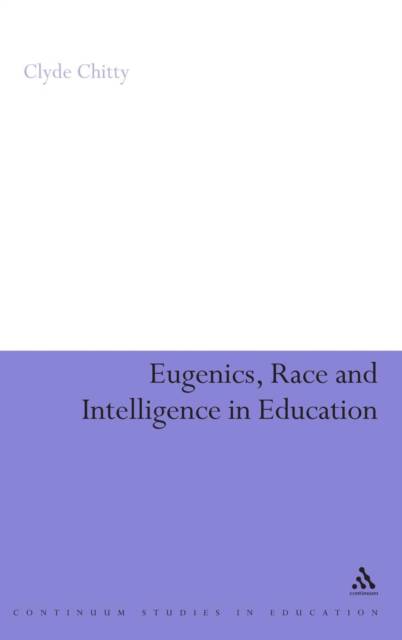
Bedankt voor het vertrouwen het afgelopen jaar! Om jou te bedanken bieden we GRATIS verzending (in België) aan op alles gedurende de hele maand januari.
- Afhalen na 1 uur in een winkel met voorraad
- In januari gratis thuislevering in België
- Ruim aanbod met 7 miljoen producten
Bedankt voor het vertrouwen het afgelopen jaar! Om jou te bedanken bieden we GRATIS verzending (in België) aan op alles gedurende de hele maand januari.
- Afhalen na 1 uur in een winkel met voorraad
- In januari gratis thuislevering in België
- Ruim aanbod met 7 miljoen producten
Zoeken
Omschrijving
For over a hundred years, psychologists and human biologists have been engaged in an often heated debate as to whether 'heredity' or 'environment' should be viewed as the determining factor in the creation of the human personality. For teachers and educationists, the discussion has tended to focus on how the human mind functions and intellectual powers develop.
The controversy is often simply expressed in terms of 'nature' versus 'nurture, ' with some scientists declaring that human beings are a product of a transaction between the two. To many, such enquiry and speculation is little more than futile and depressing. Yet it can surely be argued that at least with regard to the development of abilities, the 'nature' versus 'nurture' debate has had dire consequences for the education of millions of young people. Furthermore, we need to question why this debate has been pursued with such vigour in both Britain and America.
The controversy is often simply expressed in terms of 'nature' versus 'nurture, ' with some scientists declaring that human beings are a product of a transaction between the two. To many, such enquiry and speculation is little more than futile and depressing. Yet it can surely be argued that at least with regard to the development of abilities, the 'nature' versus 'nurture' debate has had dire consequences for the education of millions of young people. Furthermore, we need to question why this debate has been pursued with such vigour in both Britain and America.
Specificaties
Betrokkenen
- Auteur(s):
- Uitgeverij:
Inhoud
- Aantal bladzijden:
- 192
- Taal:
- Engels
- Reeks:
Eigenschappen
- Productcode (EAN):
- 9780826489807
- Verschijningsdatum:
- 22/10/2007
- Uitvoering:
- Hardcover
- Formaat:
- Genaaid
- Afmetingen:
- 156 mm x 234 mm
- Gewicht:
- 430 g

Alleen bij Standaard Boekhandel
+ 746 punten op je klantenkaart van Standaard Boekhandel
Beoordelingen
We publiceren alleen reviews die voldoen aan de voorwaarden voor reviews. Bekijk onze voorwaarden voor reviews.









